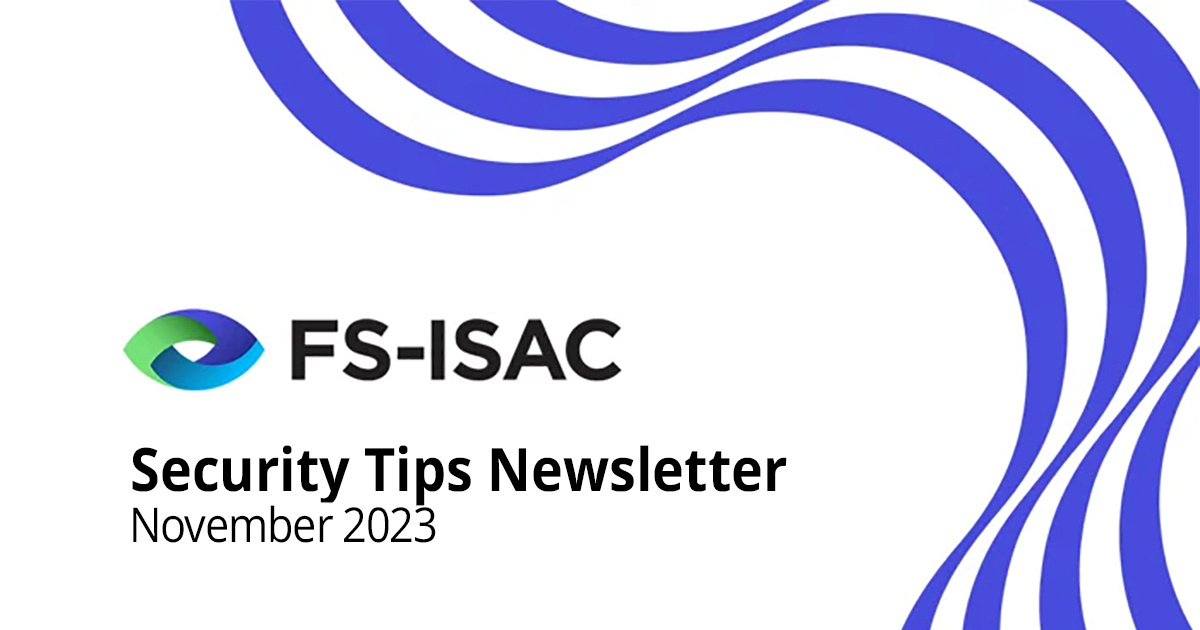Check Fraud – A Low Tech, Increasing Crime
Many consumers may not realize the different types of check fraud they face, which brings greater risk should they fail to exercise appropriate awareness. According to the Federal Reserve, last year banks issued about 680,000 reports of check fraud, nearly double what they reported in 2021. One expert predicted total check fraud will hit $24 billion in losses this year, roughly twice what it was just five years ago.
In everyday transactions, checks still offer a convenient way of paying for both individuals and businesses and create a literal “paper trail.” Checks can be made more secure, such as writing with permanent, indelible black gel ink that cannot be removed through washing techniques, because the ink seeps into the fibers of a check.
Smart Asset reminds consumers, “Check holds are designed to protect both you and the bank. They allow the bank time to ensure that the check deposit will go through so that you're not in danger of going into overdraft or having the check returned.”
Check Fraud Prevention Tips
Check fraud is supported by sophisticated criminal operations, with participants infiltrating post office distribution centers, setting up fake businesses, or creating fake IDs to deposit checks. Below are tips to reduce your risk:
- Deposit mail containing checks in boxes close to collection times or only inside post office locations
- User pens with permanent ink that can't be removed through washing techniques
- Monitor and balance checking accounts regularly to quickly spot anomalies
- Consider using "Informed Delivery," a free US Postal Service option that sends you a picture of your mail before delivery so you can determine if anything is missing after it arrives
- Whenever possible, switch to secure electronic payment methods
What to Do If You Are Scammed
If you think you’ve been targeted by a check fraud scam, report it to us immediately. In addition to notifying the bank whose name is on the check, you can notify the website or online service where you encountered the scammer (for example, the online auction website or job posting website), so they can block them from utilizing their services in the future. You can also contact any of the following agencies:
- The US Postal Inspection Service at uspis.gov (if you received the check in the mail).
- Your state or local consumer protection agencies. Visit NAAG (naag.org) for a list of state Attorneys General.
- For possible online crimes involving counterfeit checks and money orders, file an online complaint with the Internet Crime Complaint Center(ic3.gov) (a joint project of the FBI and National White Collar Crime Center).
Of course, it’s always important to regularly monitor and balance checking accounts to quickly spot anomalies, report suspected fraud, and stop future fraud attempts. Lastly, we support the safety of our business and individual checking accounts by watching for signs of check fraud, including non-consecutive check numbers and unusually large check amounts or deposits.
©FS-ISAC, Inc. | All Rights Reserved
Reprinted with permission. The views, information, or opinions expressed in this article are solely those of the author and do not necessarily represent the views of Citizens State Bank and its affiliates, and Citizens State Bank is not responsible for and does not verify the accuracy of any information contained in this article or items hyperlinked within. This is for informational purposes and is no way intended to provide legal advice.

